 As the solo guise of Eric Hardiman, Rambutan is a more distilled abstraction of the psych tendencies he demonstrates in the rock-oriented Century Plants and improvisational quartet Twilight of the Century. Here, on his first full-length foray into the world of vinyl, he delivers an extremely diverse and polished work, bringing in elements from his other projects while still retaining his own personal sound and approach to music.
As the solo guise of Eric Hardiman, Rambutan is a more distilled abstraction of the psych tendencies he demonstrates in the rock-oriented Century Plants and improvisational quartet Twilight of the Century. Here, on his first full-length foray into the world of vinyl, he delivers an extremely diverse and polished work, bringing in elements from his other projects while still retaining his own personal sound and approach to music.
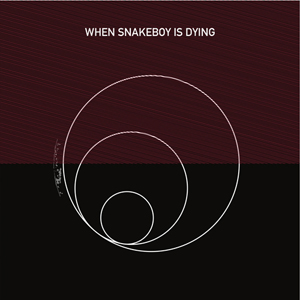 Piotrowicz's previous works have been heavily focused on his use of analog modular synthesizers, vacillating between the realms of pure noise and serious, contemplative electro acoustic compositions. On this album, however, his output demonstrates a distinctly different direction. As a whole it is lighter and more spacious, but never does it lack in its dramatic, heavier moments.
Piotrowicz's previous works have been heavily focused on his use of analog modular synthesizers, vacillating between the realms of pure noise and serious, contemplative electro acoustic compositions. On this album, however, his output demonstrates a distinctly different direction. As a whole it is lighter and more spacious, but never does it lack in its dramatic, heavier moments.
 Synthpop pioneer Thomas Leer may have flirted with mainstream success in the '80s as one-half of Act (with Propaganda's Claudia Brücken), but he definitely traveled in some weirder circles as a young man, resulting in some rather interesting early career decisions.  For example, he followed his poppy and ground-breaking 1978 debut single ("Private Plane") with this full-length 1979 collaboration with aberrant fellow Scottish émigré Robert Rental on Throbbing Gristle's decidedly non-hit-minded Industrial Records.  While The Bridge has since faded into relative obscurity, both Leer and Rental were very influential figures at the time and several of these songs still sound wonderful and unique today.
Synthpop pioneer Thomas Leer may have flirted with mainstream success in the '80s as one-half of Act (with Propaganda's Claudia Brücken), but he definitely traveled in some weirder circles as a young man, resulting in some rather interesting early career decisions.  For example, he followed his poppy and ground-breaking 1978 debut single ("Private Plane") with this full-length 1979 collaboration with aberrant fellow Scottish émigré Robert Rental on Throbbing Gristle's decidedly non-hit-minded Industrial Records.  While The Bridge has since faded into relative obscurity, both Leer and Rental were very influential figures at the time and several of these songs still sound wonderful and unique today.
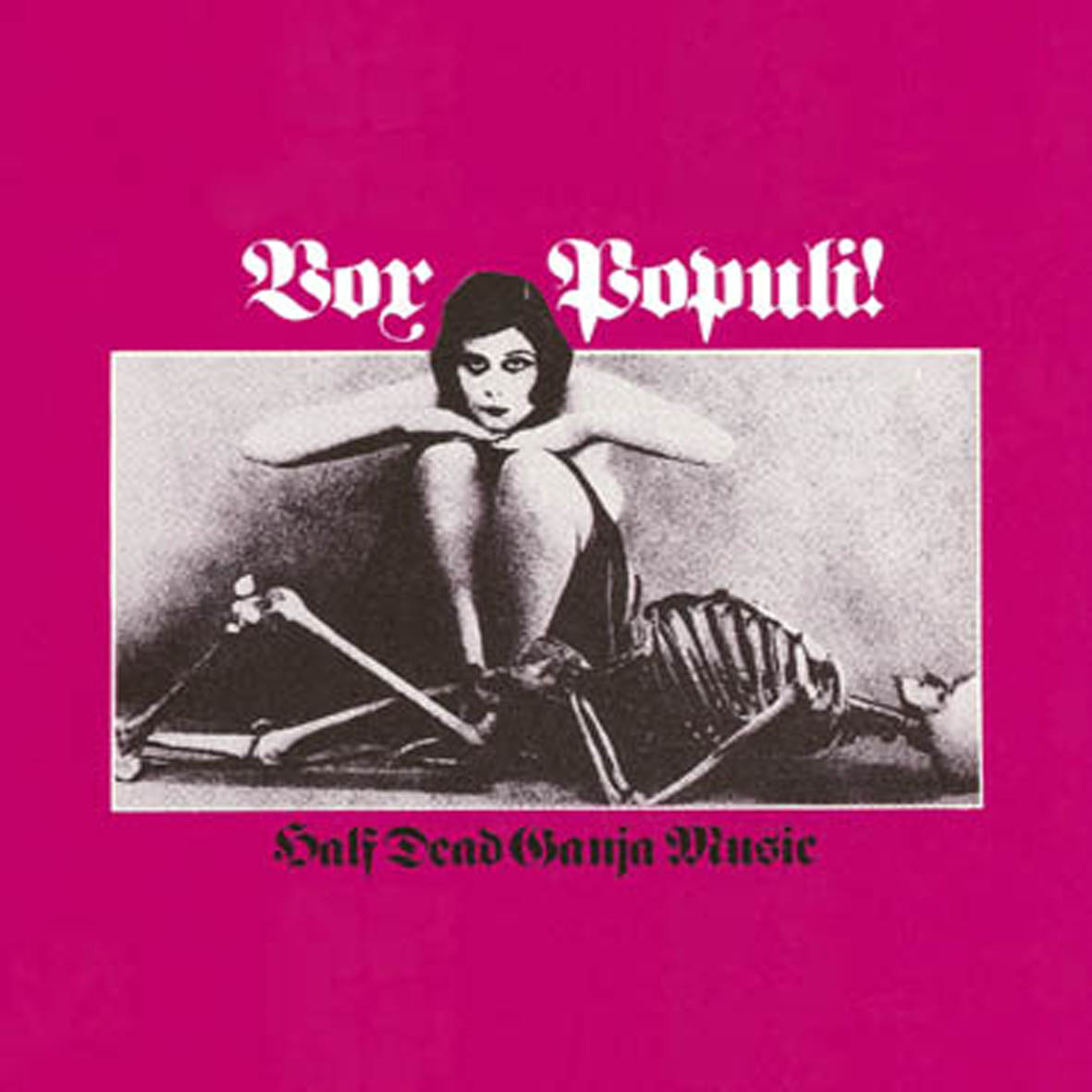 One of the great tragedies of being an experimental music fan is knowing that there was a mountain of great albums released during the cassette underground's '80s heyday that I will probably never hear.  Fortunately, this 1987 cassette (originally released on Germany's Cthulhu Records) has managed to escape obscurity through the efforts of a few great blogs and The Skaters' Spencer Clark, who has just reissued it on vinyl.  Vox Populi! are probably best known in the US for their 1989 split with HNAS, but their thoughtfully composed mixture of eerie ambient psychedelia and Persian folk could not be much further from Christoph Heemann's Dada-inspired lunacy.  I am utterly baffled as to how this band has managed to remain such a secret, as they were significantly more compelling and inventive than many of their better-known '80s contemporaries.
One of the great tragedies of being an experimental music fan is knowing that there was a mountain of great albums released during the cassette underground's '80s heyday that I will probably never hear.  Fortunately, this 1987 cassette (originally released on Germany's Cthulhu Records) has managed to escape obscurity through the efforts of a few great blogs and The Skaters' Spencer Clark, who has just reissued it on vinyl.  Vox Populi! are probably best known in the US for their 1989 split with HNAS, but their thoughtfully composed mixture of eerie ambient psychedelia and Persian folk could not be much further from Christoph Heemann's Dada-inspired lunacy.  I am utterly baffled as to how this band has managed to remain such a secret, as they were significantly more compelling and inventive than many of their better-known '80s contemporaries.
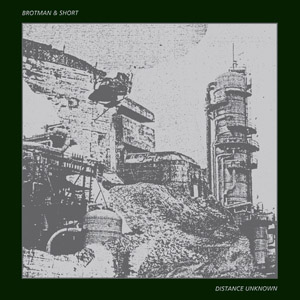 Ever since the noise community discovered synth pop and minimal wave was born, there has been an excessive influx of pseudo punks armed with TR-606s and unreliable monophonic synthesizers noodling around trying to be the Human League. The problem is that far too many emphasize the minimal part and crank out Soundcloud accounts full of boring repetition and no real sense of direction. Max Brotman and Jesse Short are one of the exceptions to this pattern, however. The fact that they are not only willing to experiment with that template, but also know how to write an actual song, put them head and shoulders amongst the multitude of their peers.
Ever since the noise community discovered synth pop and minimal wave was born, there has been an excessive influx of pseudo punks armed with TR-606s and unreliable monophonic synthesizers noodling around trying to be the Human League. The problem is that far too many emphasize the minimal part and crank out Soundcloud accounts full of boring repetition and no real sense of direction. Max Brotman and Jesse Short are one of the exceptions to this pattern, however. The fact that they are not only willing to experiment with that template, but also know how to write an actual song, put them head and shoulders amongst the multitude of their peers.
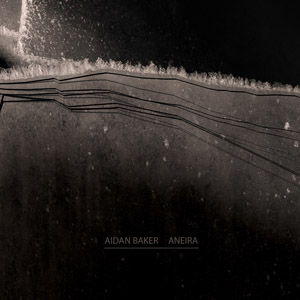 Much like my approach to Merzbow's prolific schedule, I take a similar tact when indulging in the work of Aidan Baker and Nadja. There is simply too much material coming out under those guises to stay engaged in without quickly becoming burnt out. So again, I am happy to infrequently dabble and keep my interest piqued, which is the case with both this solo release and collaboration with noted minimalist project Troum. In this case, Baker on his own may waiver, but bolstered by collaborators he does extremely well.
Much like my approach to Merzbow's prolific schedule, I take a similar tact when indulging in the work of Aidan Baker and Nadja. There is simply too much material coming out under those guises to stay engaged in without quickly becoming burnt out. So again, I am happy to infrequently dabble and keep my interest piqued, which is the case with both this solo release and collaboration with noted minimalist project Troum. In this case, Baker on his own may waiver, but bolstered by collaborators he does extremely well.
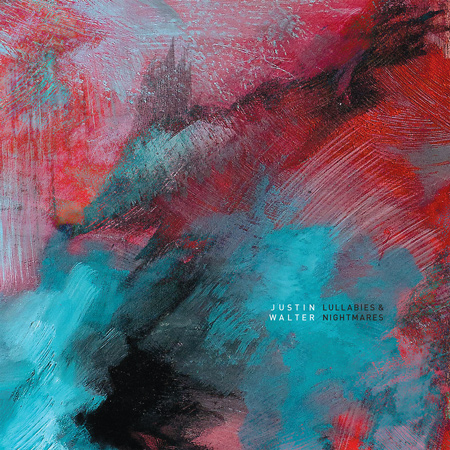 The murky depths of low-range tones are like subconscious murmurs. This kind of music speaks in so much depth, more than the imaginary space that an echo brings, or "atmospheres" built with samples and noise. Justin Walter's music is bassy, perplexing and intimate. Lullabies And Nightmares is an album which plays heavily with literal and imagined distances, where contact is always out of reach, always obscured by invariably plump electronic tones and the warmth of his ideas are paired with mechanical rigidity. It helps, too, that he has created a suite of beautiful melodies to mess with.
The murky depths of low-range tones are like subconscious murmurs. This kind of music speaks in so much depth, more than the imaginary space that an echo brings, or "atmospheres" built with samples and noise. Justin Walter's music is bassy, perplexing and intimate. Lullabies And Nightmares is an album which plays heavily with literal and imagined distances, where contact is always out of reach, always obscured by invariably plump electronic tones and the warmth of his ideas are paired with mechanical rigidity. It helps, too, that he has created a suite of beautiful melodies to mess with.
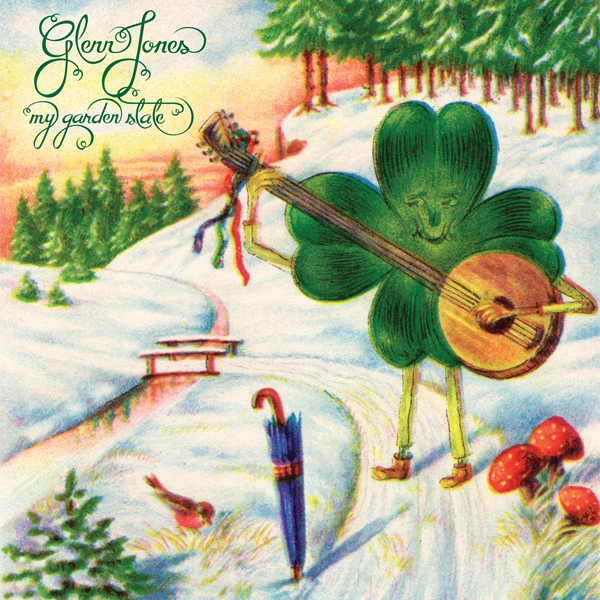 Glenn Jones' music is an omnipresent force. No pretensions or barriers to entry exist in well-executed American primitivism; the baggage is made along with the impression made on the listener. This album is inspired by a host of personal conflicts for Jones, primarily that the recording sessions occurred while he was taking care of his ailing mother in a nursing home in New Jersey. But he never compromises his artistic intent in the midst of trying times, only injecting them with a savvy humanism. The songs he's created are, even in their exact subject matter, timeless and miraculous things.
Glenn Jones' music is an omnipresent force. No pretensions or barriers to entry exist in well-executed American primitivism; the baggage is made along with the impression made on the listener. This album is inspired by a host of personal conflicts for Jones, primarily that the recording sessions occurred while he was taking care of his ailing mother in a nursing home in New Jersey. But he never compromises his artistic intent in the midst of trying times, only injecting them with a savvy humanism. The songs he's created are, even in their exact subject matter, timeless and miraculous things.
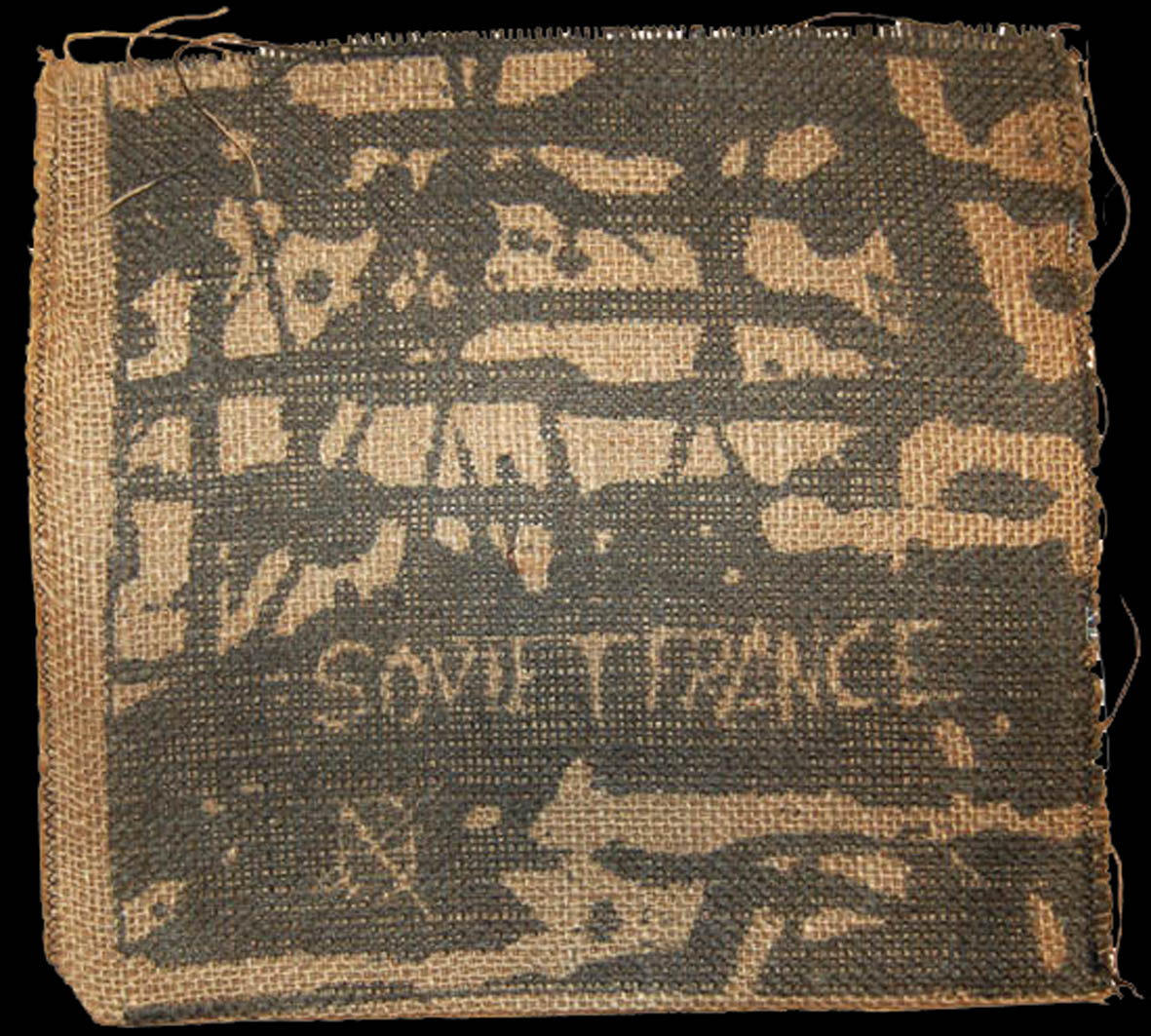 This 1982 album was Zoviet France's second release and has come to be known by a few different names over the years, most prominently "Hessian" (an English synonym for burlap).  The reason for that is simple: the original LP was packaged in screen-printed burlap, making it ZF's first foray into the bizarre packaging that they came to be known for in the '80s.  Of course, the music within is also quite bizarre, even by the band's own extremely outré standards.  There are certainly some clear hints of the faux-tribalism and tape loop experiments that would eventually solidify as Zoviet France's aesthetic (for a while anyway), but this enthusiastically primitive affair also features some very unexpected twists, such as absurdist humor, recognizable guitars, howled vocals, and (unbelievably) slap bass.
This 1982 album was Zoviet France's second release and has come to be known by a few different names over the years, most prominently "Hessian" (an English synonym for burlap).  The reason for that is simple: the original LP was packaged in screen-printed burlap, making it ZF's first foray into the bizarre packaging that they came to be known for in the '80s.  Of course, the music within is also quite bizarre, even by the band's own extremely outré standards.  There are certainly some clear hints of the faux-tribalism and tape loop experiments that would eventually solidify as Zoviet France's aesthetic (for a while anyway), but this enthusiastically primitive affair also features some very unexpected twists, such as absurdist humor, recognizable guitars, howled vocals, and (unbelievably) slap bass.
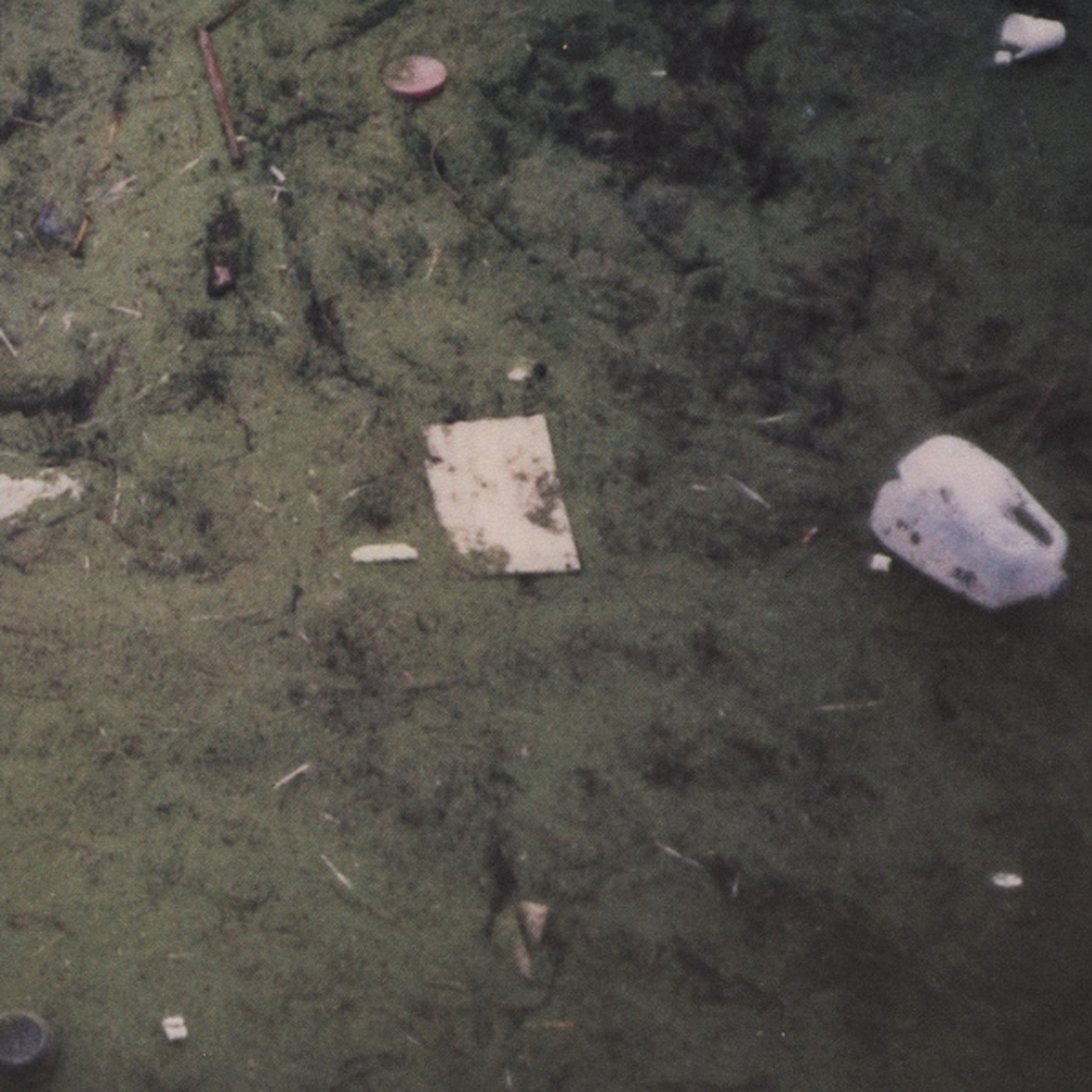 When it was first released in 2008, this massive (and newly reissued) ambient epic met with a rather polarized reception, but has gradually come to be fairly unanimously hailed as a classic.  I am a bit conflicted about that: while it certainly is a fine album, I have seen it favorably compared to Aphex Twin's Selected Ambient Works II, which seems very wrong to me, despite their similarly bleary, haunted feel.  The difference between the two albums is a massive, fundamental one: with Imperial Distortion, Drumm willfully abandons noise, melody, rhythm, and composition to fully embrace the hypnotic power of gently oscillating stasis.  It is an experiment that works beautifully and yields very listenable results, but it is far from the apotheosis of Kevin's work.
When it was first released in 2008, this massive (and newly reissued) ambient epic met with a rather polarized reception, but has gradually come to be fairly unanimously hailed as a classic.  I am a bit conflicted about that: while it certainly is a fine album, I have seen it favorably compared to Aphex Twin's Selected Ambient Works II, which seems very wrong to me, despite their similarly bleary, haunted feel.  The difference between the two albums is a massive, fundamental one: with Imperial Distortion, Drumm willfully abandons noise, melody, rhythm, and composition to fully embrace the hypnotic power of gently oscillating stasis.  It is an experiment that works beautifully and yields very listenable results, but it is far from the apotheosis of Kevin's work.



